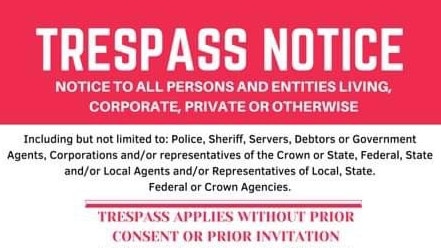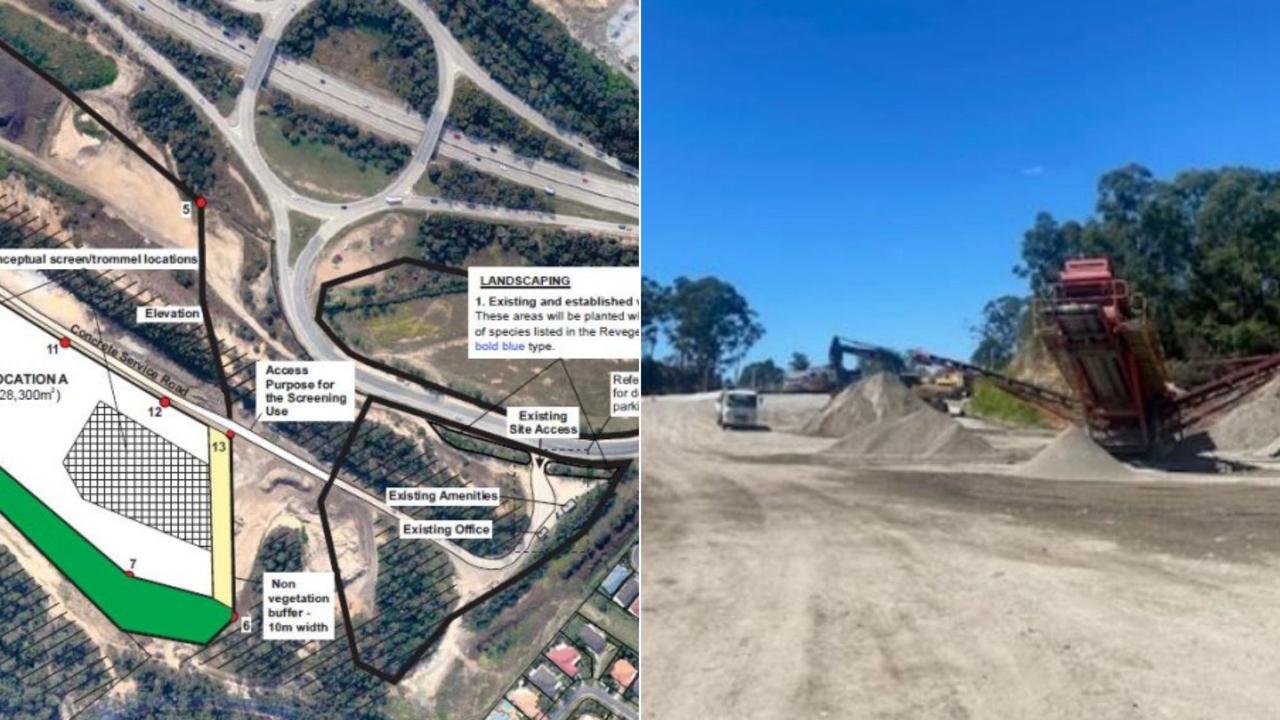Poisoned pets, no native wildlife: Harsh reality of pest eradication
Southern Gold Coast residents are furious at ongoing government pest eradication program treatments which they claim are making their pets sick. Read the latest
Gold Coast
Don't miss out on the headlines from Gold Coast. Followed categories will be added to My News.
Furious Currumbin area residents are claiming ongoing fire ant treatment poisoned their pets and stripped their organic properties of native wildlife.
Nearly six months after residents initially complained of feeling ‘bullied’ into complying with the government’s treatment to eradicate fire ants, the aerial and land-based treatment has continued despite no known sightings of nests in the area.
The bait is made of small pieces of corn grit soaked in soy bean oil and an active ingredient. Fast-acting bait contains indoxacarb or a combination of hydramethylon and pyriproxyfen while slow-acting insect growth regulator contains S-methoprene or pyriproxyfen.
Currumbin Water resident Paul Piccini said he was left with an $800 vet bill claiming it was after his dog ingested it.
“[My dog] started throwing up and couldn’t stop so we went straight down the vets, total liver poisoning,” he said.
In their initial response to the Bulletin in January, a spokesperson for the National Fire Ant Eradication Program said the bait was safe for animals and humans and has maintained that response despite reports of unwell pets.
“Fire ant treatment is non-toxic to pets, including cats and dogs.

“The Australian Pesticides and Veterinary Medicines Authority approves fire ant treatment and deems it safe for people, animals, and the environment.
“The active ingredients in the treatment are commonly used in veterinary and agricultural applications, such as parasite control, flea collars, and livestock feed additives,” a spokesperson said.
Currumbin Fair vet Michael O’Donoghue said tests done on Mr Piccini’s dog shows abnormalities in the liver enzyme, a result of 1311 units per litre when the normal range is 10-118
Mr O’Donogue also said there have been five dogs in the clinic with the same symptoms after the fire ant treatment was conducted at their owners’ properties.
“[Fire ant treatment] was the only possible toxin in the environment that might have caused acute liver disease.
“There was certainly a strong association, like the day or a couple of days after that [bait] was laid these dogs came in acutely sick.
“There's’s certainly a great concern there that because there wasn’t any consent to treatment or notification of treatment.
Mr O’Donoghue said that while fire ants are a concern, the bait is supposed to be safe for animals, which causes him concern.

“They could potentially cause very painful bites to animals but so far, we’ve only had animals getting sick from the fire ant bait, the treatments worse than the bite at the moment,” he said.
Mr Piccini said he had seen less native animals since the treatment on his property and surrounding properties had begun.
“They’re losing all the hives in Palm Beach, Currumbin they’re losing all the bee hives, people are reporting all the native bees are gone,” he said.
“Everyone (residents) has had enough. They don’t mind the poison being put down where the ants are, but [officers] have got cars going around everywhere, with those machines that spray all the pellets, putting them everywhere, people’s front yards, backyards,” he said.
A National Fire Ant Eradication Program spokeperson said officers were legally allowed to enter anyone’s property without their permission.
“Under the Biosecurity Act 2014 (the Act), our eradication officers are authorised to access all Queensland properties for fire ant eradication activities.
“We ask property owners and tenants to allow our officers to treat exterior areas around houses, buildings, and water sources, our team will not enter residences.
“Obstructing an officer while conducting eradication activities is considered an offence, and penalties may apply,” they said.
Mr Piccini said he allowed the officers to check his property under the condition they didn’t bring any of the pesticide with them.
“I let them on without any poisons to check the property, they cleared the property and gave me a piece of paperwork that said there’s no fire ants.
“When I went down to the shops for 15 minutes, I came back and they had put paperwork in my mailbox that said I denied him access to the property,” he said.





